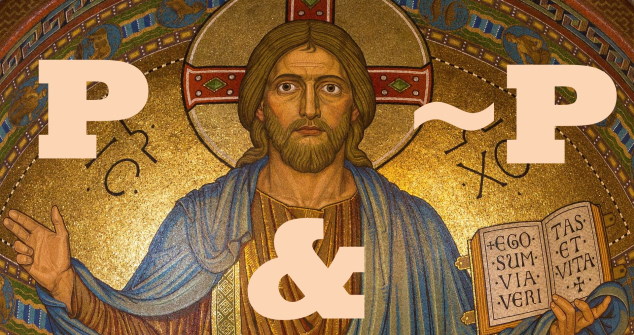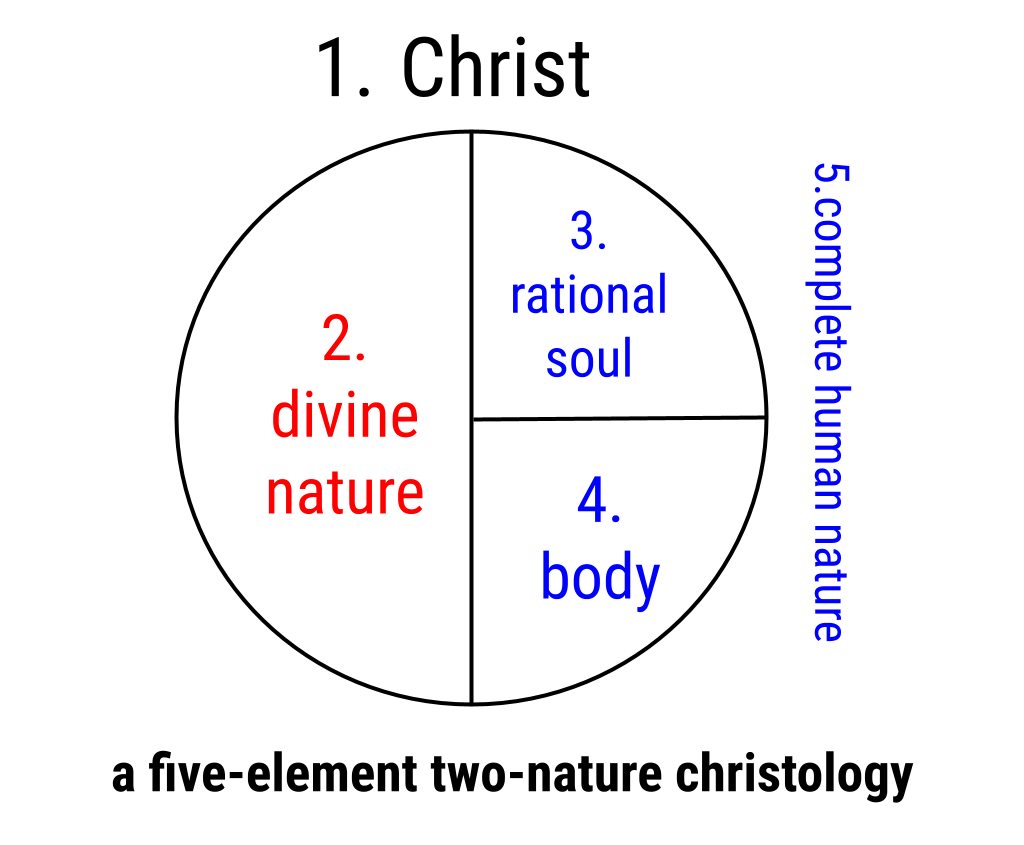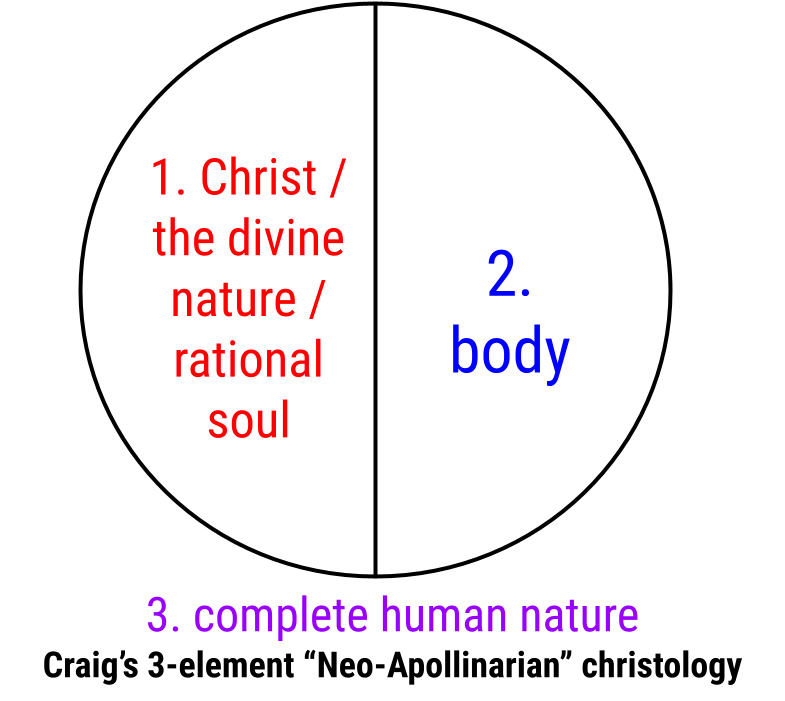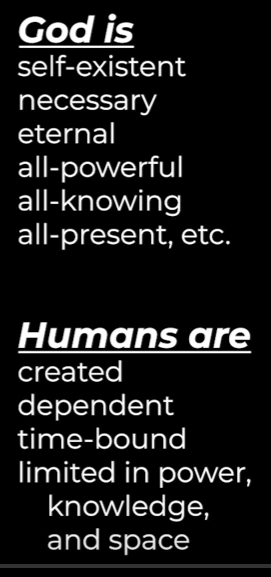Podcast: Play in new window | Download
Subscribe: Spotify | Email | RSS

Since 2003 Dr. William Lane Craig has been propounding what he calls his “Neo-Apollinarian” theory as a model of the Incarnation which is contradiction-free. On this take on traditional “two natures” theory, God the Son (a.k.a. the divine nature) serves as the soul of the “complete human nature” of the divine-human Christ.
In this first episode I put the discussion in context by explaining various ways Christians deal with the following inconsistent triad of claims (a set such that if any two are true, then the remaining claim is false):
- Jesus is divine.
- Anything which is divine is not also human, and anything which is human is not also divine.
- Jesus is human.

Option 1: Accept all three, holding that there can be true contradictions. So in addition to 1-3 one will also believe 4. It is false that Jesus is divine (which is entailed by 2 and 3), and 5. It is false that Jesus is human (which is entailed by 1 and 2).
Option 2: Deny 1 because the Bible doesn’t teach that, while accepting 2 and 3. This is my response.
Option 3: Deny 2, giving a seemingly coherent model on which someone might be both human and divine. This is Dr. Craig’s response.
Option 4: Deny 4, accepting docetism about Christ, that he only appears to be human. This is favored by few Christians, as it contradicts clear New Testament teaching.

Incarnation theories may posit as many as five elements, as shown above. But Dr. Craig’s theory features only three, eliminating the “rational soul” in the “human nature” because, it is suggested, the divine nature can serve that function. In addition, he is clear that the divine nature is one and the same as Christ. To the left is my illustration of this theory.
In setting up his theory, Dr. Craig mentions six seeming clashes between divinity and humanity, shown in black in white here from his presentation.

But as I explain, winning the defend-the-Incarnation game is harder than he lets on, as there are at least 15 pairs of qualities such that (1) in principle nothing could simultaneously have both, (2) the first quality seems to be essential to divinity, while (3) the second quality seems essential to humanity.
- self-existent (a se) / dependent existence
- metaphysically necessary existence / metaphysically contingent existence
- eternal / time-bound (or: existing at all times vs. not having always existed)
- perfect power (omnipotence) / limited power
- perfect knowledge (omniscience) / limited knowledge
- not in principle able to believe a falsehood / in principle able to believe a falsehood
- omnipresent / not omnipresent
- uncreated / created
- absolute moral perfection / in principle able to fall short of moral perfection
- in principle untemptable / in principle temptable
- impeccable / peccable
- in principle unable to improve one’s moral character / in principle able to improve one’s moral character
- immortal (in principle can’t be mortal)/ possibly mortal (in principle can be mortal)
- provident over anything else there is / subject to God’s providence
- authoritative over any other beings there are /under God’s authority
This episode includes the heart of Dr. Craig’s December 2021 presentation of his views in a video entitled “The Birth of God.”
In the next episode I’ll argue that Dr. Craig’s christology does seem to imply contradictions, and so doesn’t show what it’s supposed to show, which is that there is a viable interpretation of Chalcedonian “two natures” christology which seems coherent.
Links for this episode:
Dr. Craig’s ministry Reasonable Faith
“The Birth of God” – the video quoted in this episode
Debate – “Is Jesus Human and not Divine?” – Dr. Dale Tuggy vs. Chris Date
Date and Tuggy, Is Jesus Human and Not Divine?
Clarifying Catholic Christologies
Craig and Moreland, Philosophical Foundations for a Christian Worldview, 2nd ed.
the definition from the catholic council at Chalcedon in 451
podcast 145 – ‘Tis Mystery All: the Immortal dies!
This week’s thinking music is “Don’t Die Dog (Instrumental)” by Greg Atkinson.
